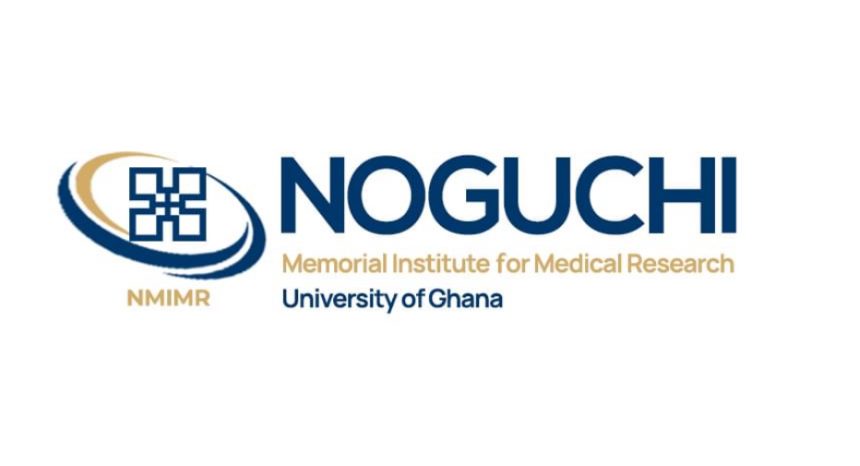The first lecture of the five-part Lecture series held in anticipation of the 45th Anniversary of the Noguchi Memorial Institute for Medical Research was delivered by a pioneering Rotavirus Researcher, Professor George Enyimah Armah on the topic, “Rotavirus Vaccine Research and its Impact in Ghana,” highlighting how the impact extended beyond this country.
During his speech, he revealed how Rotavirus, a leading cause of severe diarrhea in children, had already been studied extensively in Europe and America, where the disease was not life-threatening but posed an economic burden on families but even with that, they had the historical data and the solution to the disease.
In contrast, the situation in Africa was very serious, with high child mortality rates linked to the disease
“In Europe and America, it didn’t kill the children, but then it took a lot of children to the medical office and so they were more concerned about the cost to the family, not about mortality which led to them preparing vaccines for it.”
“In our area, it was more mortality, not about the cost to the people.”
He mentioned that in spite of the situation, there was no epidemiological data in Africa to estimate how the disease’s burden
“At the same time, the Rotavirus Vaccine Organization Group in Geneva had also said that we should conduct clinical trials in Africa, but how can you conduct clinical trials in Africa when we don’t know the epidemiology and everything?’’
Professor Armah and his Noguchi team then aimed to determine how many children were affected by the disease, how many died, and how many required hospitalization.
Additionally, the Researchers examined the seasonality of Rotavirus infections and its economic impact on both families and public health systems.
“So the main objective was that we needed to understand the epidemiology of the disease. We needed to also look at the burden of the disease, how many people died, how many were hospitalized, and then seasonality and the veterinary rate.”
The second objective was focusing on the financial burden on the public health system when the children contracted diarrhea.
”We needed to also know what was the economic cost. If somebody gets diarrhea, what is the cost to the public and that? So we needed to put everything in there.”
This gap, coupled with limited interest and expertise in studying the virus, made it difficult to advance.
In northern countries, vaccines were already being introduced, but it typically took 10 to 14 years before they became available to African nations. However, the team at Noguchi was determined not to let this delay affect them.
“The other crucial thing was that vaccines were introduced in northern countries, and it takes about 10 to 14 years before it gets to us. We didn’t want that so how do we solve that?”
The team then decided to develop advocacy tools which would ensure that Africa was not just a recipient of vaccines but played an integral role in shaping vaccine policies.
”We needed to develop the advocacy tools that would be the burden of disease data, epidemiology data, and all the clinical data that we need to really make a case.”
Story by: Joycelyn Glory | univers.ug.edu.gh





